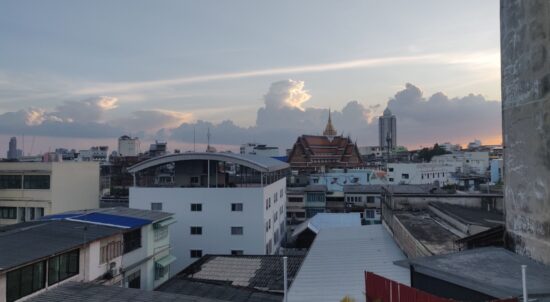The ADB’s Accountability Mechanism: An Uphill Battle for Communities

The ADB’s Accountability Mechanism promises justice for communities impacted by its projects—but is it accessible? This article uncovers how restrictive eligibility requirements, coupled with legal rigors and opaque processes, leave many complaints unresolved, highlighting the urgent need for reform.
When the Asian Development Bank (ADB) emerged in the 1960s, the premise was that developing countries’ priorities, especially in the Asia-Pacific region which was then amongst the world’s poorest, required moving away from Western-dominated financial institutions and establishment of a regional bank. Proponents of this new bank believed that it could supplement the Bretton Woods Institutions, which were mired in controversies around governance and voting rights. By 2024, ADB has grown to become the largest Multilateral Development Bank (MDB) in the region in terms of project numbers, overtaking its counterparts, the International Finance Corporation and World Bank (which are placed at a distant second and third respectively) and finally, the Netherlands Development Finance Company (FMO).
Since its inception, ADB has admittedly done some things differently – including consolidating its capital base to ensure larger financial capacities,1 promising to address not simply economic growth but also inequalities, centering gender in its workstream and as an operational priority, and more recently, even taking on the mantle of being “Asia-Pacific’s climate bank”, committing to increase its financial capacities and disbursements specifically for climate finance purposes. From January 2016 to October 2024 (our period of analysis), ADB investments in the South Asian region2 stood at a ball-park figure of USD 63 billion. ADB had invested in or approved investments for close to 834 projects during this time (projects approved, active, closed, and completed), of which some were transboundary infrastructure projects.
Read the full article here and in NGO Forum on ADB’s December 2024 publication here, and subscribe to the Accountability Console monthly newsletter here for more stories like this.

